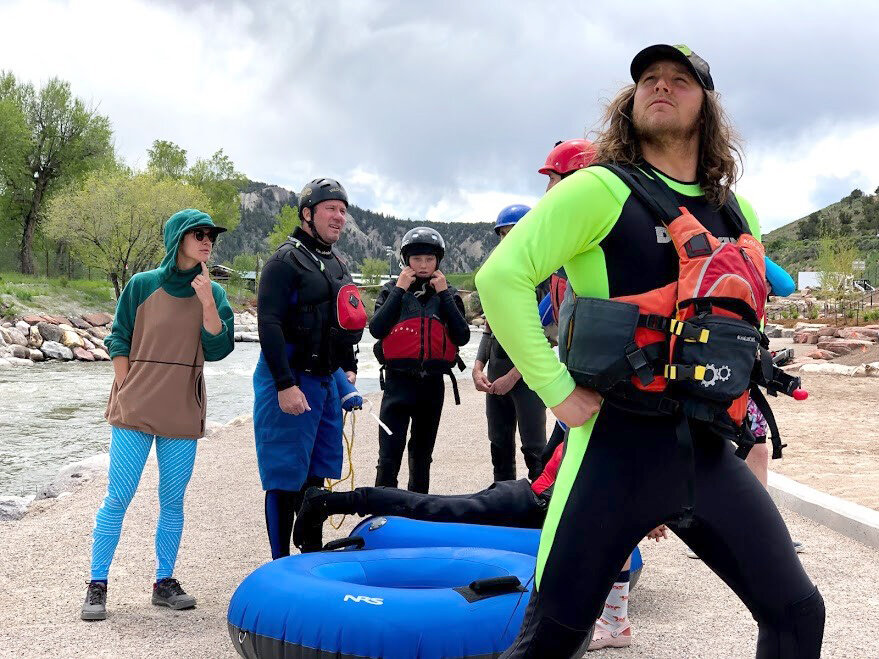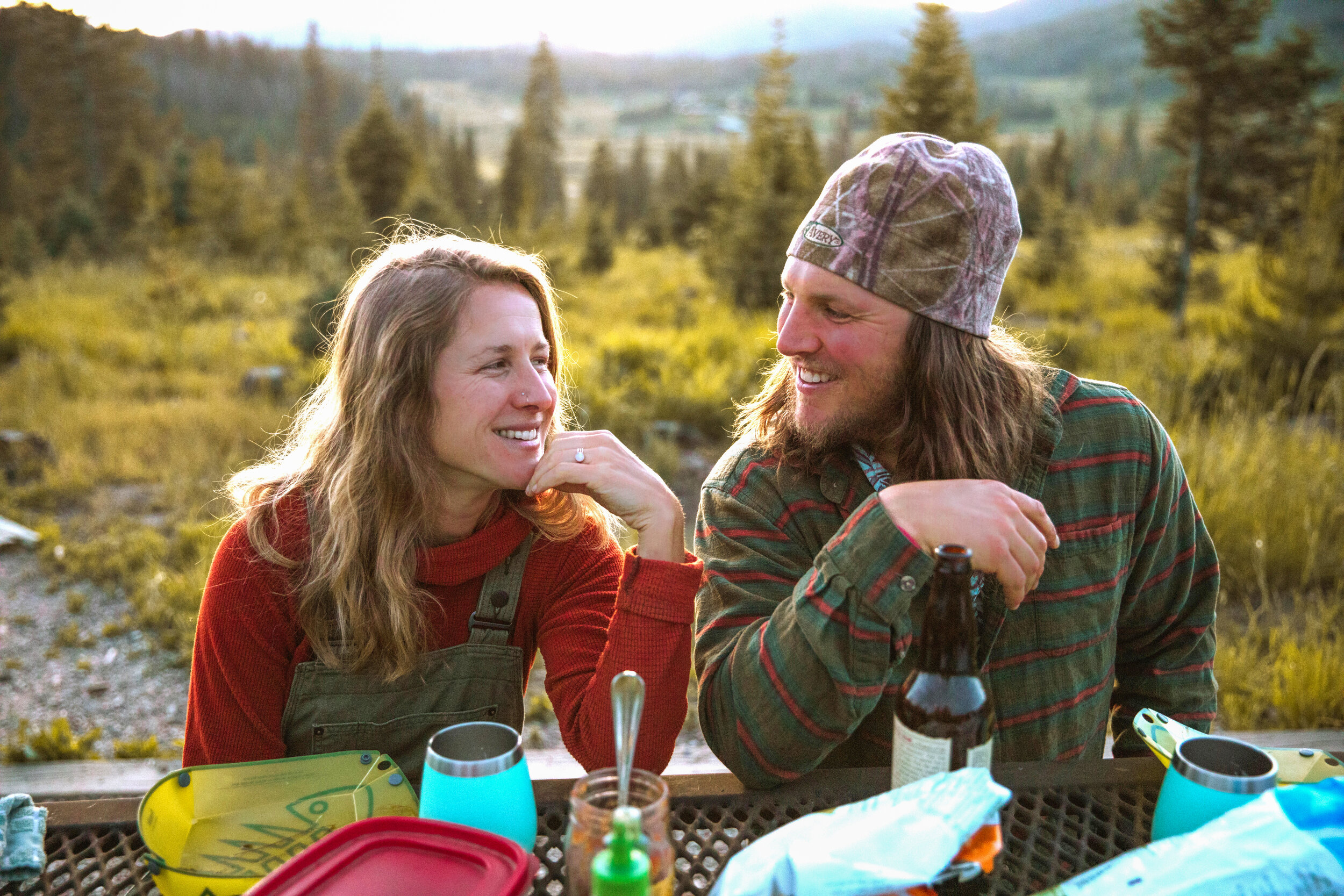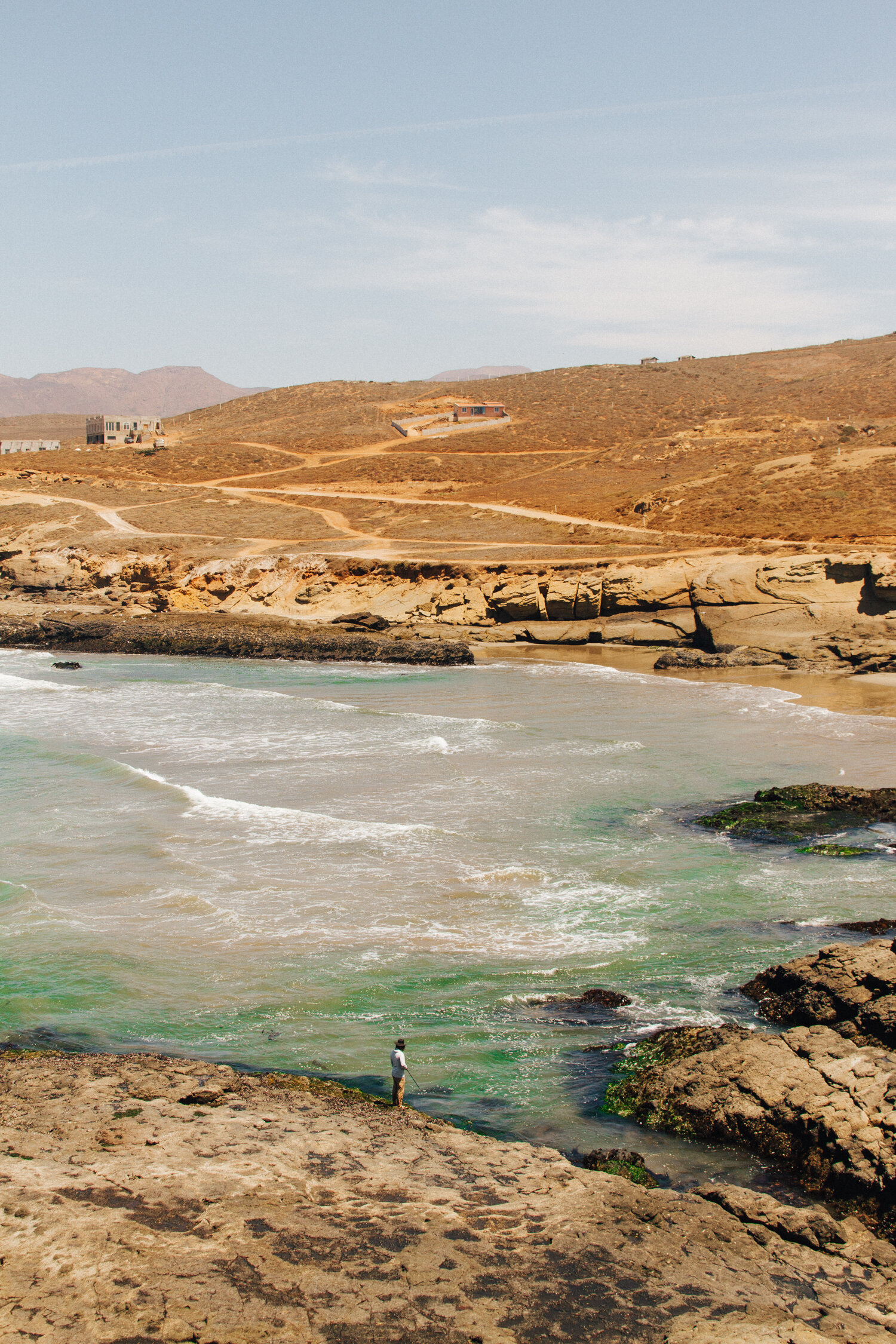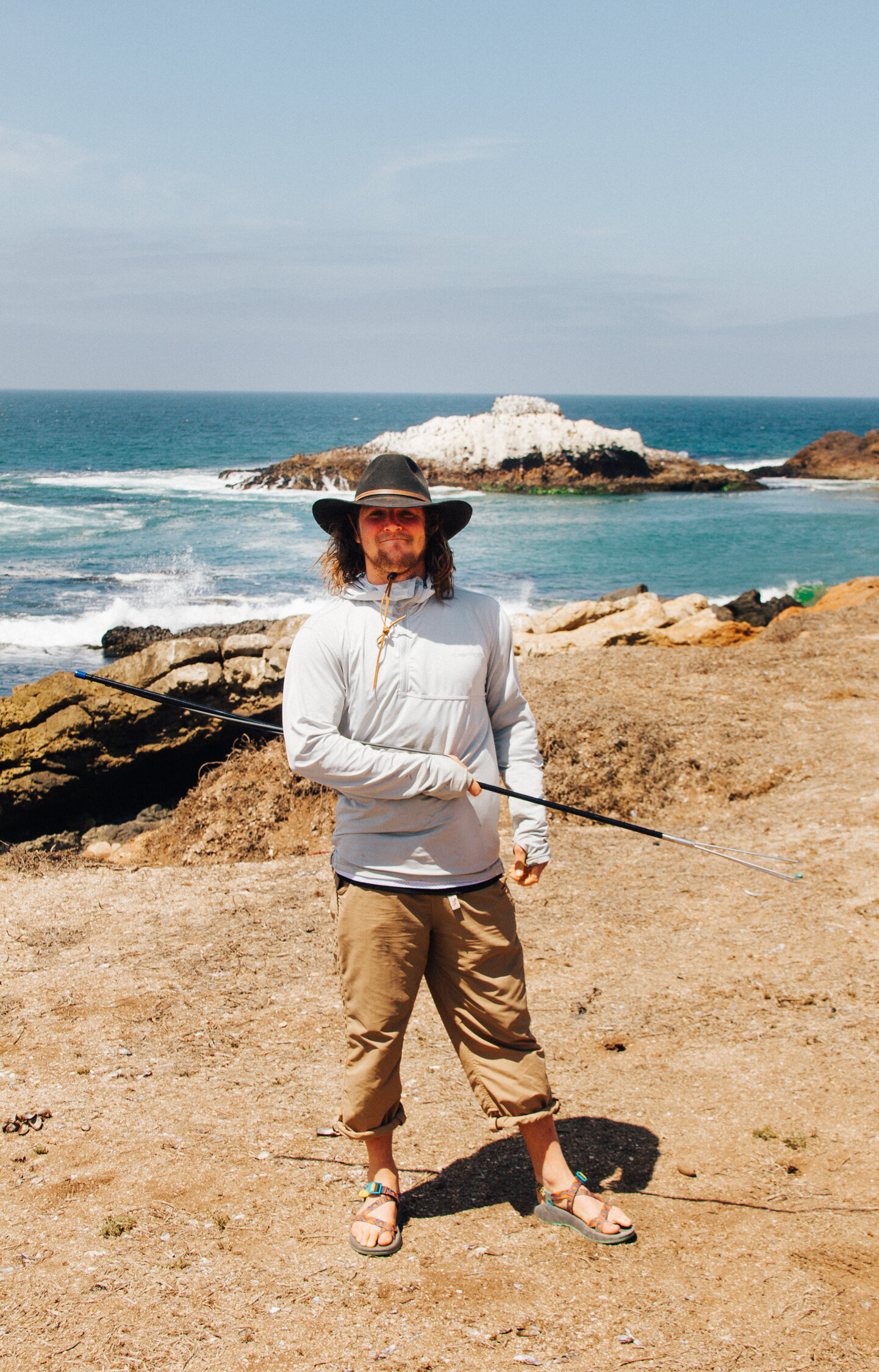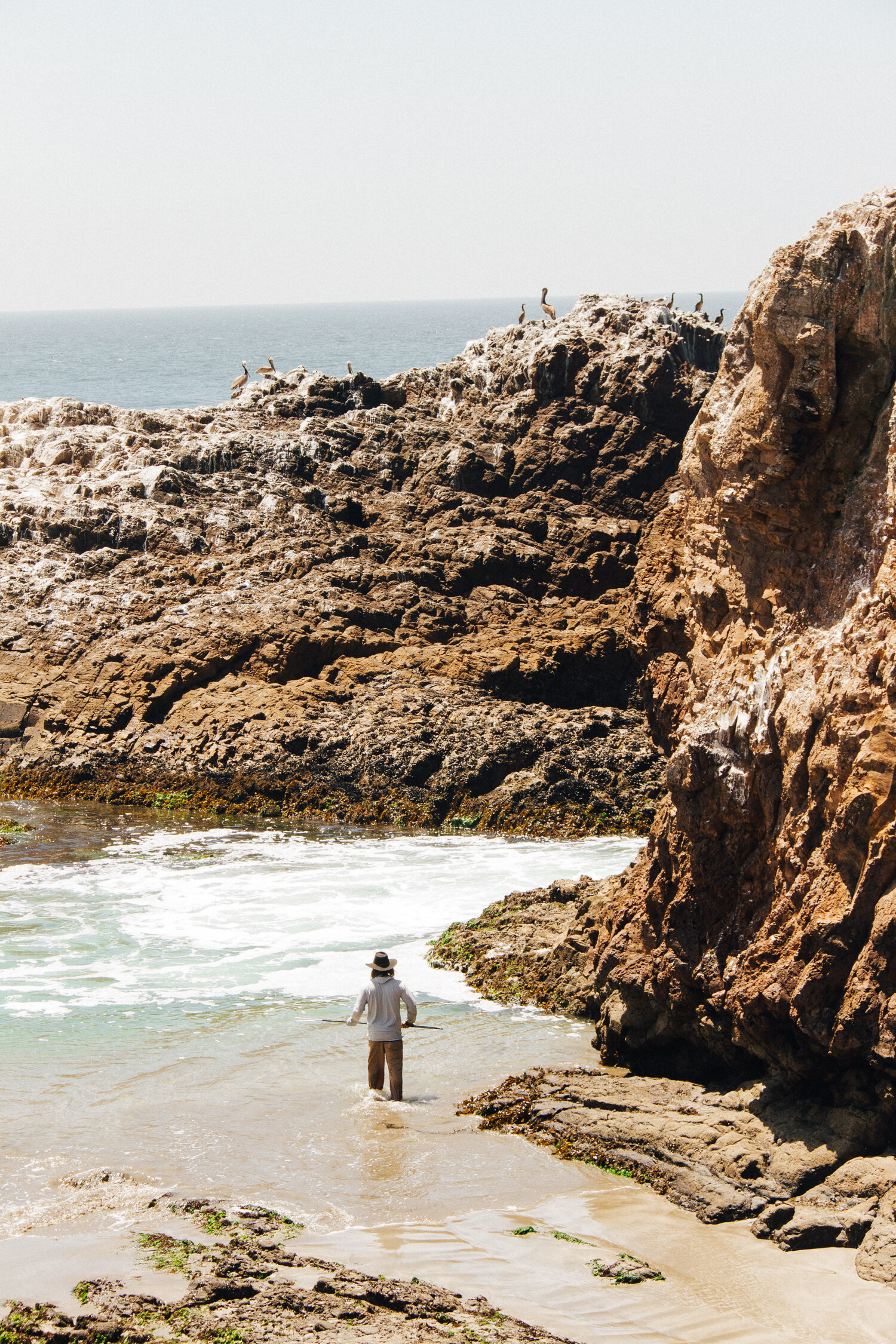Michael Loots + His Relationship with The Outdoors
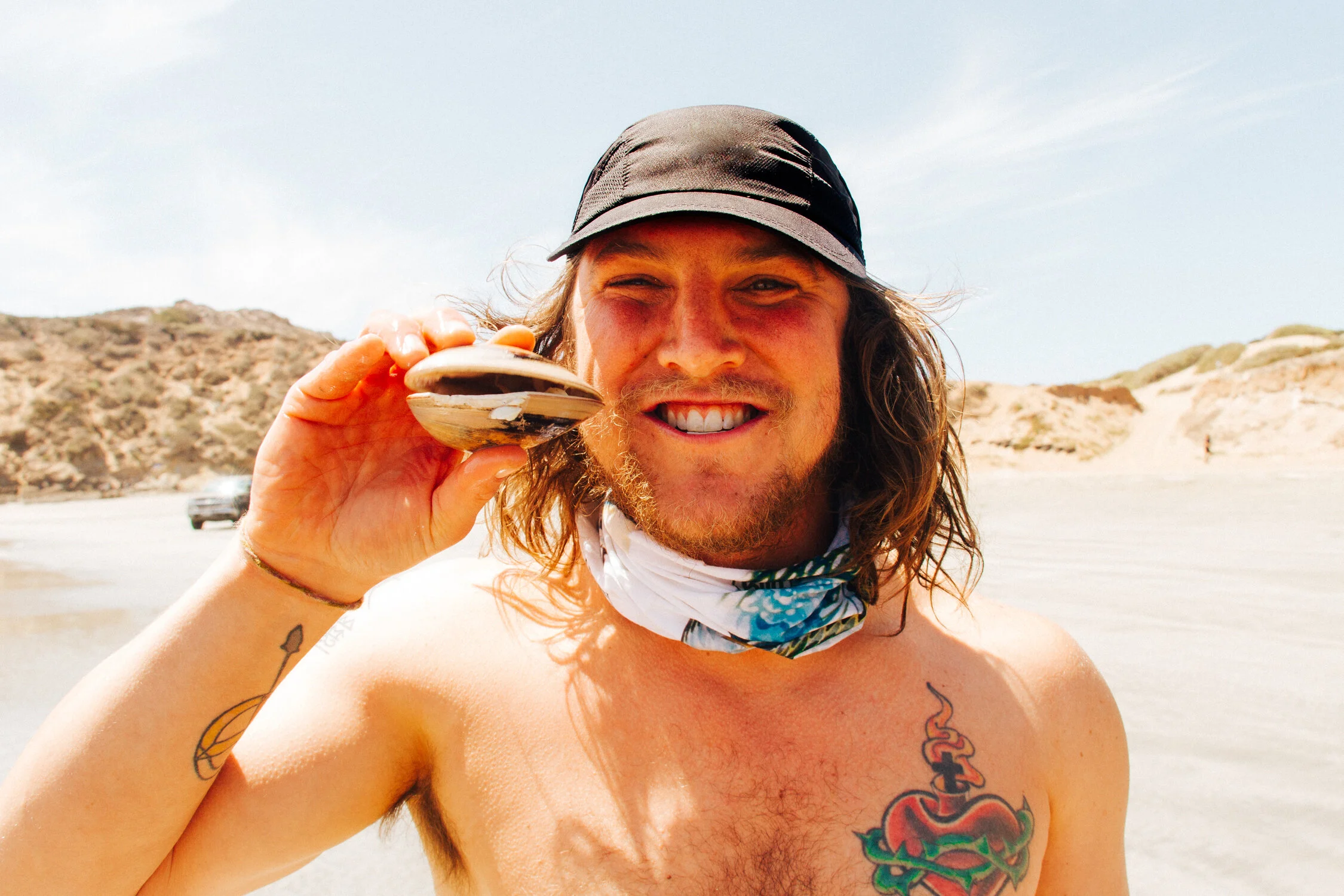
Who is Michael Loots
Michael is a man of many talents, and many trades. As of current, he is a Language Arts teacher at Zealous Schools in Eagle Colorado. Michael has worked in the outdoor education industry for years and has a background in back-country and expeditionary education (NOLS and Outward Bound.) He holds his experiences in river bottoms and on mountain tops a little more dear than his degrees. Speaking of deer, Mike is a consummate nature nerd, always on the prowl for the next adventure. In his free time he enjoys mountain biking, looking under rocks, climbing trees and identifying little grey birds from a distance.
An Outdoors Rx Interview: This post is sponsored by Marmot.
Interview conducted by Holly Mandarich
Photos Courtesy of Holly Mandarich + Michael Loots
+ What do the outdoors mean for you? What feelings do you experience when you recreate outside in your favorite way?
“Ever since I was a little kid, the outdoors were an escape for me, not an escape from - but an escape to. It was like I was running to the things that I loved the most. I always felt really at home in the outdoors, like that the outdoors were my actual home, and that the life that I lived everyday wasn’t my “real” home.
I love mountain biking! Each time I'm biking I feel like it’s the thing I'm supposed to be doing, as a human and as an animal. We’re supposed to be moving through nature, moving toward a goal, all senses are heightened. Sure it’s physical exercise, but it doesn’t feel hard in the way that counting 1099s feels hard, the physical exertion, the mental stimulus, it becomes easy, and it washes away the anxieties that riddle a lot of my day!
Being outdoors is really my way of tapping into a reality that feels good for me, and every time I'm outside I continue to feel that sense of home.”
+ What do the outdoors mean for you in regards to your physical health?
“Coming from the perspective of a strength instructor at a gym - the gym is a great place to have a routine. To design a training program, it’s the best way to get strong, fast!
When I'm outside, I know all that stuff; how to design fitness plans, ensure physical performance, increasing ability etc.. All that is in the back of my head. However when I’m outside - I just don’t give a shit, it becomes my time to just be free in movement, in experience. Entirely fluid, with the only goal to be a man biking. I’m not the guy hooking up the heart monitor, sub 50% heart rate etc.. There is no output meter on my petals. It just becomes about my love of moving my body outside, it’s about exploration, which has always been really exciting to me! I hope till the day I die, that I'll always be excited by exploration. I love riding new trails, and not knowing how long it's going to take, I enjoy letting some of the variables be a mystery. It could turn out to be a total epic experience - or - things might go wrong, I might blow a tire, I might run out of granola bars. Exploration is programmed into our DNA. In the past some of us had to stay home, and some of us had to explore, both rolls are so valuable! But the exploration feels like what I’m supposed to be doing.
Another thing I love is canyoneering, at least once a year I try to make sure I indulge in that type of adventure. Every time I go into a canyon I feel a sense of wonder, especially in those slot canyons that are so close together, I can't see what is around the next bend, and it really feels like primordial exploration. I go back again and again, but each time it’s a different experience. 'No man ever steps in the same river twice, for it's not the same river and he's not the same man. - Heraclitus’ ’’
+ What do the outdoors mean for you in regards to your mental health?
“My immediate thought goes back to just recently, when my dad passed away. I decided to head down a forest service road to process what was going on. I found this tree, and I just let my emotions flow out into that tree. We live in a pretty epic landscape here in Eagle, Colorado - and I just let the landscape absorb a lot of the emotions that were running through me. You can’t experience that much emotion inside, I just decided I needed to be out in the land.
It inspired me to give my students a writing assignment, where they were to go into the outdoors and reflect about their experience. Every single essay came back with a common theme. Each student talked about how calming it was to reflect in nature, and their shared sentiment was that the anxieties of their everyday life were easier to let go of.
The ability to let go comes in all forms in the outdoors. For big big emotions, like grief, too small everyday thoughts like: ‘Did I check my email enough times? Did I turn off the stove?’ All of those little pins that comprise everyday anxieties, dissolve quickly in nature. When I was in grad school struggling with mental health, I took up trail running. It was a way to regulate. Each time I ran, I felt so calmed, like I had communed in a conversation with nature. A healing conversation.
I’ve always gone to nature for its curative properties, nature is very literally medicine. I know there are studies that can demonstrate the medicinal effects of forest bathing, and the palliative effect that the human brain has by being close to moving water, not in a hippy dippy sense, but in a scientific sense, nature does heal your mind!”
+ Have there ever been times that you didn’t regularly dedicate time to yourself outdoors, if so, how did you feel physically and mentally?
“Yes.
As an outdoor educator and an outdoor guide, nature was like my office. It was where I went to work. My work was curating an experience for other people, while also managing risk, and ensuring that other people were getting what they needed out of an outdoors experience. Sometimes in those roles, it was difficult for me to want to hike the same trail for the 30th time in the same summer, use a stove, set up a tent and so forth. Sometimes when you’re getting your paycheck in nature, it can turn from this very free space of exploration - to something that is just part of your day to day. Even in the shittiest job in the outdoors, I would always reflect at the end of the day, about the fact that I didn’t need to commute to a high rise building, but instead I was teaching a kid about frogs and cooking a meal under a 14 thousand foot peak. Even in the times where nature became mundane, I was still lucky enough to be able to reflect, ‘this is awesome!’
I also had a moment in grad school, where I was ironically writing a thesis and policy doc. about protecting natural spaces, and the power of having experiences in nature, while unfortunately, I was spending all my time writing this thesis at a coffee shop on a computer in Steamboat. It got tougher to be outdoors, and so my routines fell apart. It was vexing because I was studying the thing I loved, but I had 80 pages of research I needed to write. Those times were some of my darker days, mentally. It also showed up in my physical health as well, because instead of being outside and experiencing, I was just writing about it.”
+ With all that being said, how’re you feeling right now, in the pandemic? Are you having any realizations, or moments of gratitude / or maybe even regret. How is this impacting you - right now.
“So first of all, my wife and I are so insanely lucky to live in Eagle (near Vail, Colorado), even though it is a hotspot for the pandemic, we also have immediate access to incredible nature. Our local health officials + public policy leaders, started responding with social distancing measures, long before others areas of the state and country did. Vail was one of the first places COVID-19 showed up in the USA. Even with that being said, we can walk right out the front door and be in breathtaking nature. We have taken the time everyday to get up into the mountains and do some cross country skiing or hiking. We have a beaver pond right by our house, we’ve taken the time to observe, see duck species change, blue birds return etc… This time has made me feel grateful for where I live. So in that way, it’s been very affirming.
Some wisdom that I've heard repeatedly: What is happening is terrible, we're dealing with losing our friends and elders. All while simultaneously watching how resilient nature is. It's been pretty great to see the way that nature can respond when we remove ourselves from it, from the constant presence of it. When humans calm down, when we're not as frenetically active, the rest of the world gets to take a breath! It has been helpful and healthy for us as well to slow down, to reflect as humans and look inside.
I feel so lucky through all of this! We work really hard to live in the mountains, and for me this is a good illustration as to why it’s so good to be here, even in tumultuous times, we have a high quality of life.
I also think COVID-19 is a really great example of how people are nature, COVID-19 is a Zoonotic illness which started in a bat. Our communities are increasingly encroaching on places where critters like bats live, we're now interacting with those bats, that’s how we contracted this disease. We are a part of nature and it is a part of us, things in nature can affect us super directly! Thus the nature of this illness and its spread.
I've taken the time every morning to do a mediation down by our creek, name off things that I'm thankful for. Before all this happened, I told myself I didn’t have time to do that, but I do have time for that! That’s what is going to come out of this, as humans we’ll preserve those beneficial things to slow down for. The things that are good for us that we just don’t take the time to do.”
+ Could you see a future after this all settles, where we collectively move as a society to prescribe the outdoors to people? So say Outdoors Rx?
“Medically - yes I can see a future where doctors prescribe the outdoors as medication to their patients. That reality is already here for some doctors.
Western medicine is great at treating symptoms, and it is getting better at treating underlying causes. The more that the medical field treats the whole patient and not just a subset of symptoms, the more we’re going to see outdoors prescribed.
We all intuitively know that being outside is healthy. Some of our big institutions and places of work acknowledge that preventative care is of benefit, and allow us to invest our time and selves into it. Blue Cross Blue Shield will pay you to go to the gym, they recognize that it’s innately good to work out. Fit people don’t get sick as often as unhealthy people. At some point we’ll see example’s of the outdoors being treated the same way, but it’s going to take insurance companies acknowledging it for it to become mainstream.”
+ I know you’ve spent time in Outward Bound and NOLS, wondering how you have seen the outdoors impact other’s lives?
“Here's my favorite thing about putting people into nature, it doesn’t matter how old you are, you could be a kindergartner or an elder, if you put someone in nature, in the right circumstances, you can see the same wonder in anyone's eyes. The same wonder that you see in a child's eyes, you can see in an octogenarian’s eyes.
It's super simple, super basic, but it's really really important, we can be jaded about the amount we presume to know in the world, seeing something wondrous for the first time, it can rewrite some of those scripts.
When I worked at Outward Bound, we served some ‘tough kids,’ they’d put their best foot forward often, they would show up as their best selves. It was awesome to watch how they relaxed into routine and experience. How they responded to challenges in nature. All our challenges were challenges by choice, instead of coming home and hearing about family drama, instead we’d have the choice to paddle these rapids, or line our canoe - I can climb this peak or stay and prep tea - it’s important for people who have challenges outside of their locus of control. Organizations like NOLS and Outward Bound, give you a system to understand what you have control over and what you don’t. You then set yourself up for success in what you have control over: I cannot control the weather, but I can layer up when it’s raining and cold, you then understand it’s a choice. It's a massive perspective shift. Teaching people about managing risk in what you can and can’t control, it’s so important in a life where things aren’t concrete. When you get outside and recreate in big places, every decision has ramifications, if you’re summiting a 14 thousand foot mountain, your decisions matter.”
+ Anything you’d like to end on
“We have a responsibility to ensure that the outdoors stay healthy!”



